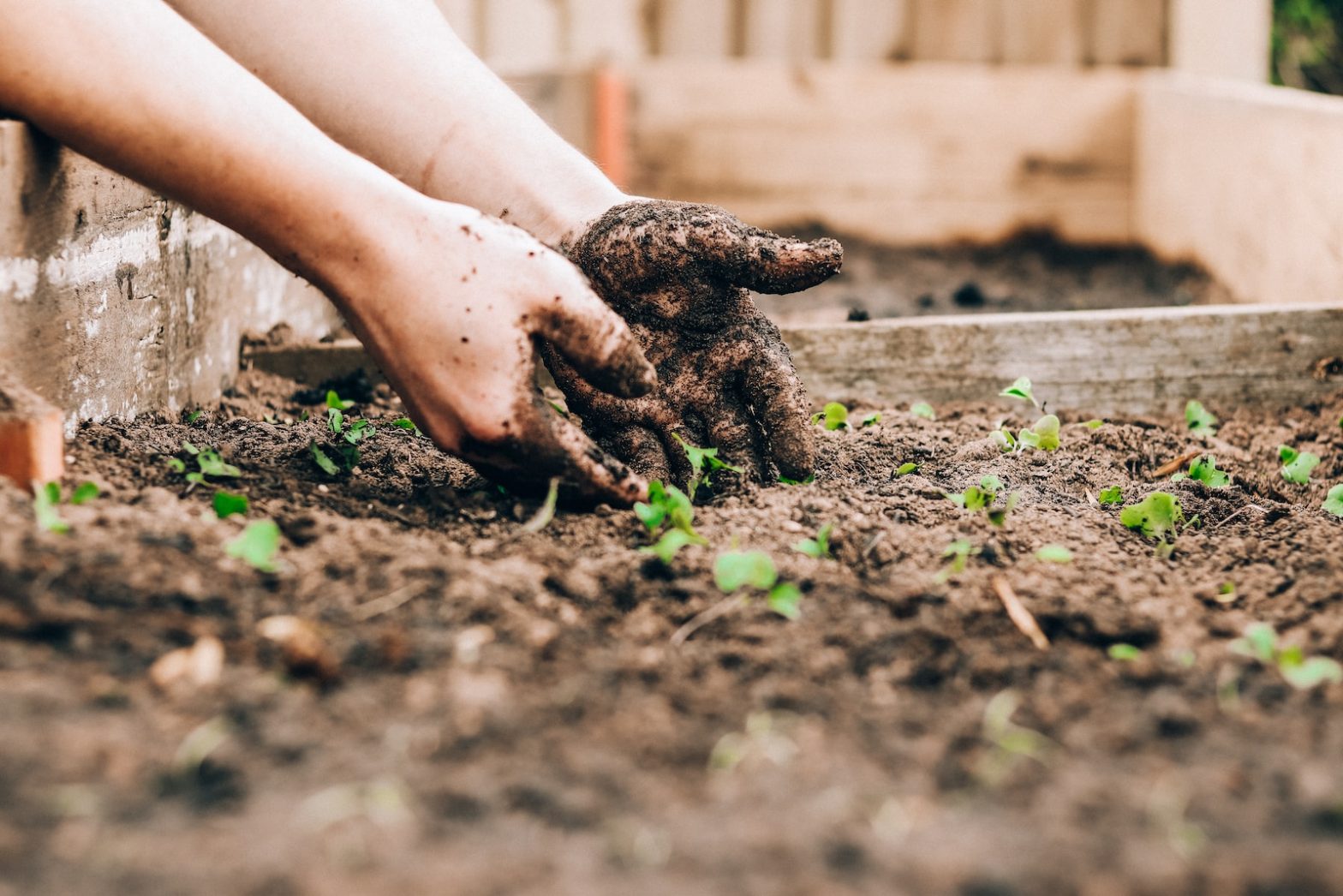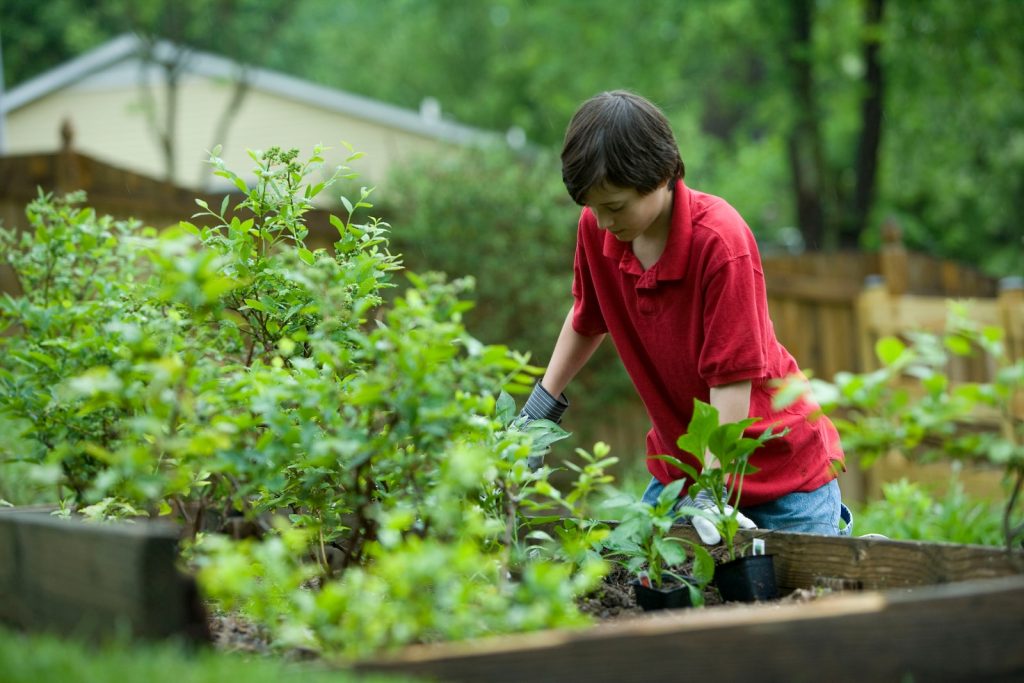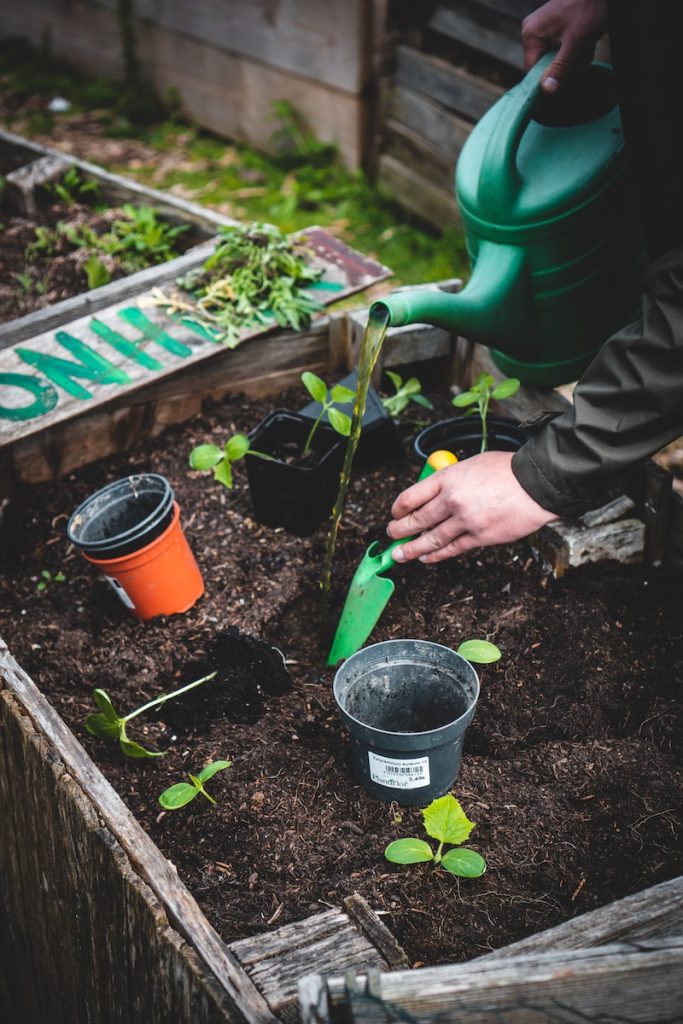If you’re an avid gardener, you’ve probably come across the term “compost tea” at some point. But what exactly is it, and is it worth the hype? Compost tea is essentially a liquid fertilizer that is made by steeping compost in water, allowing beneficial microorganisms to multiply and create a nutrient-rich concoction. Proponents of compost tea claim that it can improve soil health, suppress diseases, and promote plant growth. In this article, we’ll take a closer look at the benefits of compost tea and examine whether it truly lives up to its reputation in the world of gardening.
What is Compost Tea?
Compost tea is a nutrient-rich liquid fertilizer that is created by steeping compost in water. It is a natural and organic way to provide plants with essential nutrients and beneficial microorganisms. Compost tea is often used by gardeners and farmers as a way to enhance soil fertility, promote plant health, and reduce the reliance on chemical fertilizers and pesticides.
Definition
Compost tea is essentially the liquid extract of compost. It is made by adding compost to water and allowing it to steep and decompose. This process allows the nutrients and beneficial microorganisms present in the compost to be released into the water, creating a potent and nutrient-rich liquid fertilizer.
How is it Made?
To make compost tea, you will need a container, water, and compost. Start by filling the container with water, then add the compost. It is important to use high-quality compost that is rich in organic matter and free from contaminants. The compost can be in the form of finished compost, composted manure, or worm castings.
Once the compost is added to the water, it needs to steep for a period of time to allow the microorganisms and nutrients to be extracted. This can take anywhere from a few hours to several days, depending on the brewing method and desired strength of the tea. During the brewing process, it is important to maintain oxygen levels in the water to promote the growth of beneficial aerobic microorganisms.
After the desired brewing time is complete, the tea can be strained to remove any solids and then applied to plants using various methods such as soil drenching, foliar spraying, or incorporating it into hydroponic systems.
Variations of Compost Tea
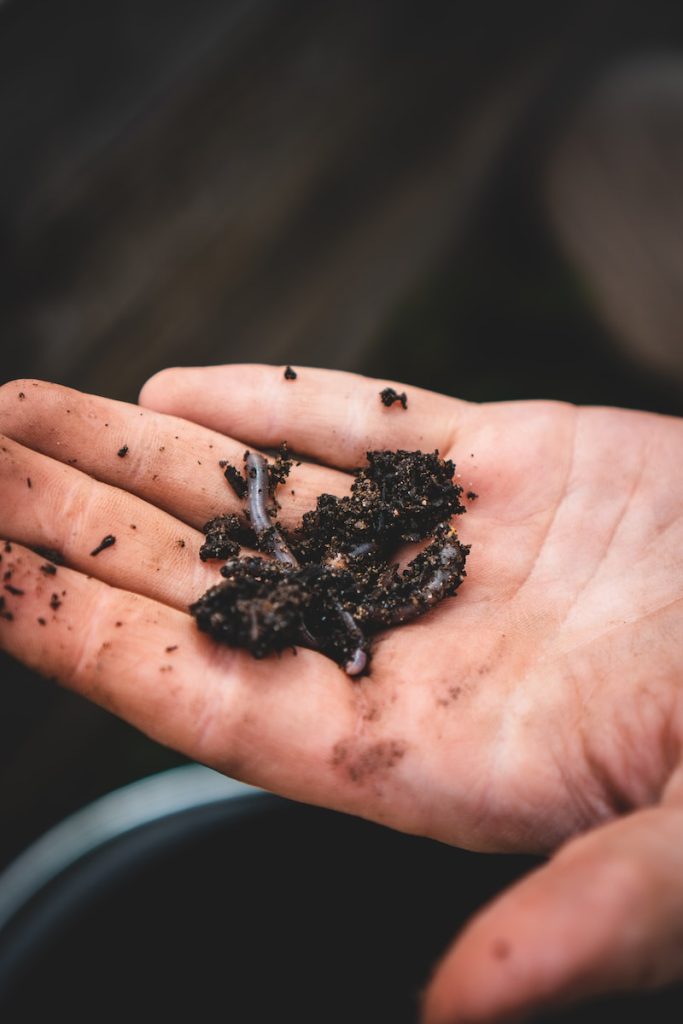
Compost tea can be customized and tailored to specific plant needs by incorporating additional ingredients during the brewing process. For example, adding specific amendments such as kelp meal, worm castings, or rock dust can provide additional nutrients and trace minerals. Similarly, adding molasses or other sources of sugars can stimulate microbial growth.
Different brewing methods can also yield variations in compost tea. Some gardeners prefer to brew aerated compost tea, which involves using an air pump or using a compost tea brewer that oxygenates the water throughout the brewing process. This allows for the proliferation of beneficial aerobic microorganisms, which are known to be more effective in promoting plant health.
On the other hand, anaerobic compost tea is made by brewing compost in water without the presence of oxygen. This method can produce a tea that is higher in beneficial anaerobic microorganisms, but it is important to note that anaerobic tea can have a strong odor and is not recommended for use on edible crops.
Overall, compost tea offers a flexible and customizable approach to organic plant nutrition, allowing gardeners to adapt the brew to their specific needs and gardening goals.
The Nutritional Advantages of Compost Tea
Introduction to Compost Tea’s Nutritional Value
Compost tea is often hailed for its nutritional value, as it provides a wide range of essential nutrients for plant growth. These nutrients include macronutrients like nitrogen (N), phosphorus (P), and potassium (K), as well as essential micronutrients such as calcium (Ca), magnesium (Mg), and iron (Fe). The nutrients present in the compost are made available to plants in a form that is readily absorbed, ensuring optimal growth and development.
Rich in Beneficial Microorganisms
One of the key advantages of compost tea is its abundance of beneficial microorganisms. These microorganisms, such as bacteria, fungi, and protozoa, play a crucial role in soil health and plant growth. They help in breaking down organic matter, improving soil structure, and releasing nutrients that are otherwise unavailable to plants.
The diverse community of microorganisms present in compost tea also helps to suppress harmful pathogens by creating a competitive environment that inhibits their growth. This can reduce the incidence of plant diseases and minimize the need for chemical pesticides.
Source of Essential Nutrients for Plants
Compost tea acts as a natural source of essential nutrients for plants. The nutrients present in the compost are released into the water during the brewing process, making them readily available for plant uptake and utilization.
Additionally, the microorganisms in compost tea contribute to nutrient cycling by breaking down organic matter and releasing nutrients in a form that plants can easily absorb. This helps to maintain a balanced nutrient supply in the soil, promoting healthy plant growth and preventing nutrient deficiencies.
Improves Soil Structure and Drainage
Compost tea can also have a positive impact on soil structure and drainage. When applied to the soil, it helps to improve soil aggregation, creating a crumbly texture that allows for better water infiltration and root penetration. This, in turn, leads to improved moisture retention and aeration, creating an optimal growing environment for plants.
The organic matter and humus present in compost tea also help to increase the soil’s ability to retain nutrients, preventing them from leaching away and ensuring their availability for plants over an extended period of time.
Enhancing Plant Health and Disease Resistance
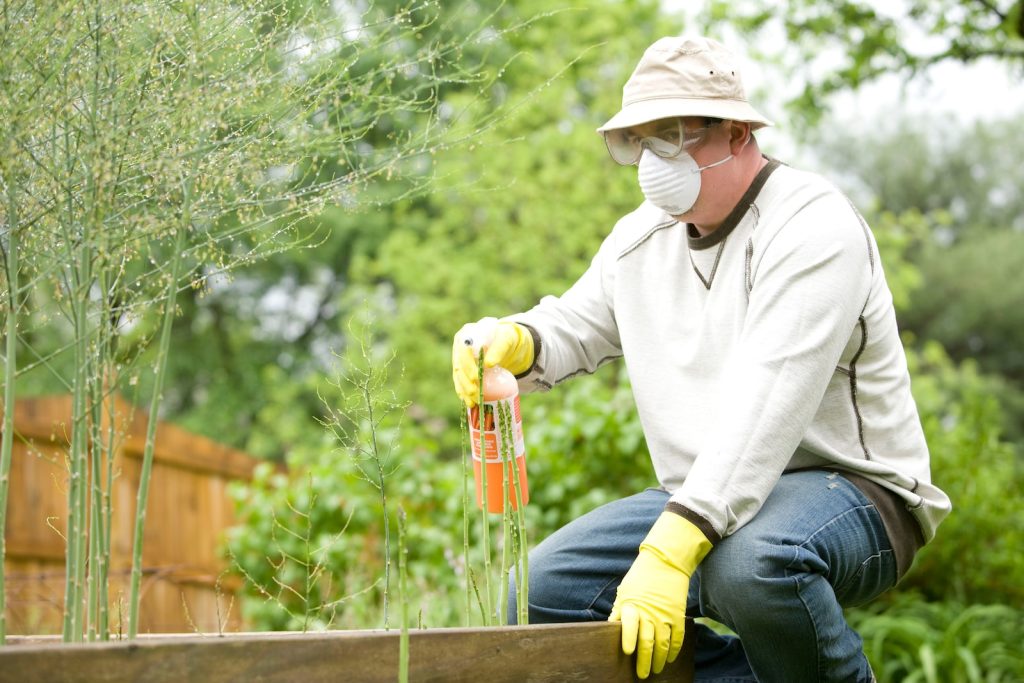
Boosting Beneficial Microbes in the Soil
Compost tea plays a vital role in promoting plant health by increasing the population of beneficial microorganisms in the soil. These microorganisms not only aid in the breakdown of organic matter and nutrient cycling but also form symbiotic relationships with plant roots, helping to improve nutrient uptake and enhance disease resistance.
By regularly applying compost tea to the soil, gardeners can help create a thriving microbial community that supports plant health, leading to stronger and more resilient plants.
Strengthening Plant Immune System
The microorganisms present in compost tea can also have a direct impact on the plant’s immune system. Certain beneficial bacteria and fungi form beneficial associations with plant roots, triggering the plant’s defense mechanisms and helping it resist attacks from harmful pathogens.
These symbiotic relationships between plants and microorganisms result in an enhanced immune response, making plants less susceptible to diseases and reducing the need for chemical interventions.
Suppressing Harmful Pathogens
Compost tea, when brewed properly, contains microorganisms that have the ability to suppress harmful pathogens. The beneficial microorganisms in the tea outcompete and inhibit the growth of harmful bacteria, fungi, and other pathogens in the soil.
By reducing the presence of harmful pathogens, compost tea helps to prevent the occurrence of plant diseases, minimizing the need for chemical pesticides and promoting a more sustainable approach to gardening.
Minimizing the Use of Chemical Pesticides
One of the notable benefits of using compost tea is its potential to minimize the use of chemical pesticides. By promoting a healthy and balanced soil ecosystem, compost tea helps to create an environment that is less favorable for pests and diseases to thrive.
When plants are healthier and more resistant to common pests and diseases, there is less reliance on chemical pesticides to control infestations. This not only reduces the environmental impact of gardening but also promotes the long-term sustainability of the garden ecosystem.
Increasing Nutrient Availability and Plant Growth
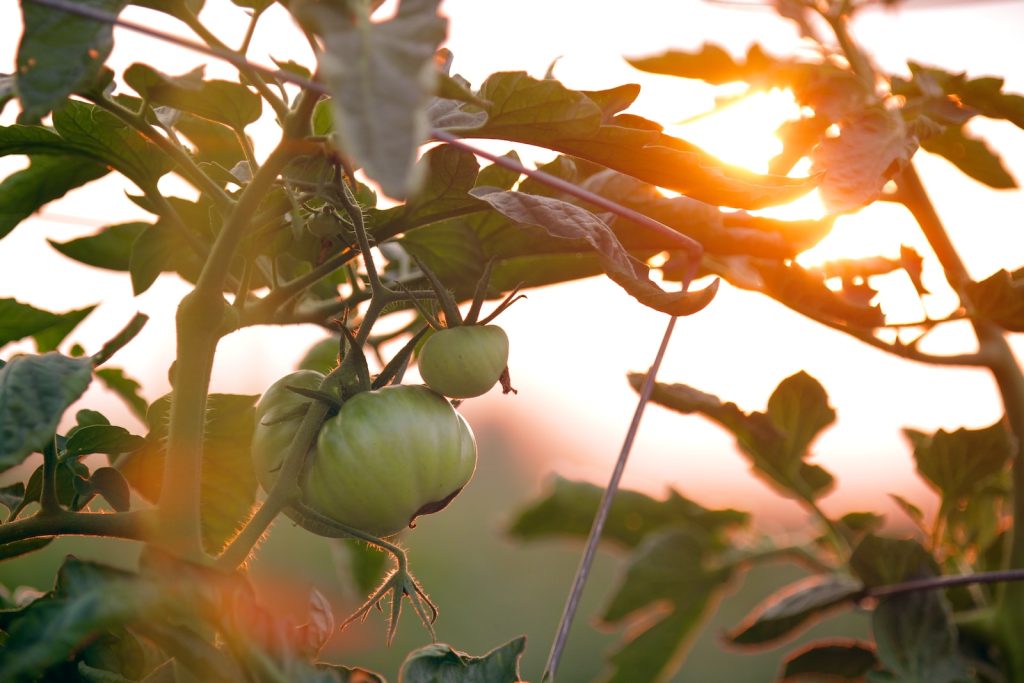
Enhancing Nutrient Uptake
Compost tea enhances nutrient availability in the soil and improves nutrient uptake by plants. The microorganisms present in the tea break down complex organic compounds into simpler forms that are readily absorbed by plant roots.
The organic matter in compost tea also acts as a fertilizer, providing a slow-release source of nutrients that can be used by plants over an extended period of time. This ensures a steady supply of nutrients, promoting healthy and vigorous plant growth.
Stimulating Root Development
Compost tea can stimulate root development, leading to stronger and more extensive root systems. The beneficial microorganisms in the tea produce growth-promoting hormones and enzymes that enhance root growth and branching.
A well-developed root system allows plants to access water and nutrients more effectively, leading to improved overall plant health and productivity.
Promoting Balanced Growth and Flowering
The nutrient-rich composition of compost tea helps to promote balanced plant growth and flowering. The presence of essential nutrients in the tea ensures that plants have the necessary resources to develop strong stems, healthy foliage, and vibrant flowers.
By providing a balanced nutrient supply, compost tea can help to avoid nutrient imbalances and deficiencies, ensuring optimal plant development and maximizing the aesthetic appeal of the garden.
Encouraging Fruit and Vegetable Production
Compost tea has been found to have a positive impact on fruit and vegetable production. When applied to plants, it provides the necessary nutrients and microorganisms that support healthy fruit and vegetable development.
The beneficial microorganisms in compost tea contribute to the breakdown of organic matter in the soil, releasing nutrients that are essential for fruit and vegetable growth. This can result in increased yields, improved fruit quality, and enhanced flavor.
Environmental Benefits of Compost Tea
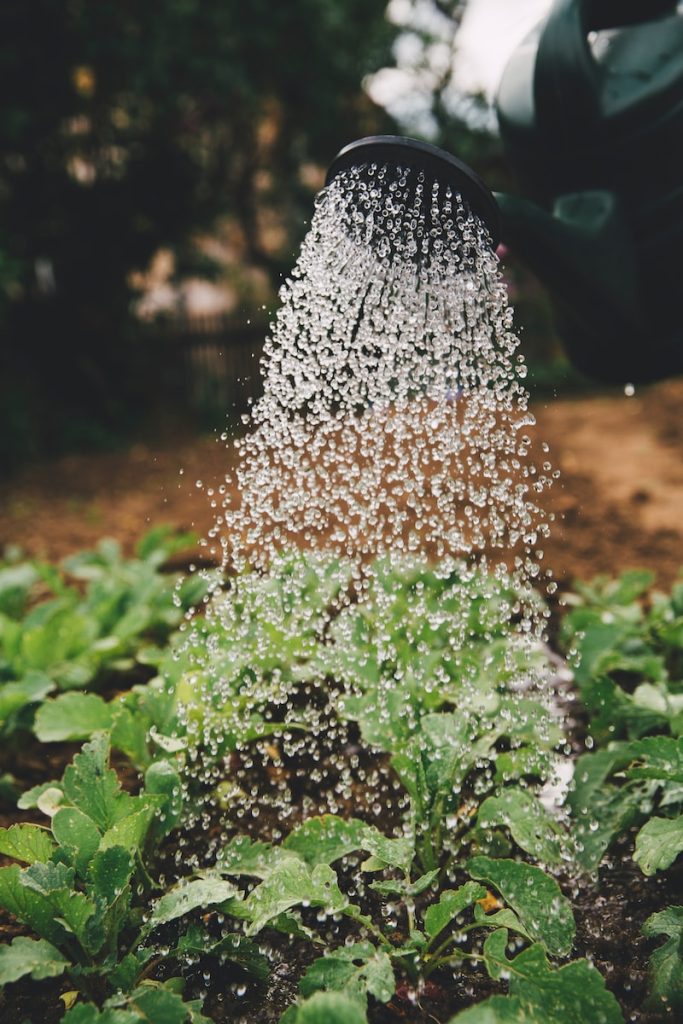
Reducing Waste
Compost tea offers an environmentally friendly way to utilize organic waste materials. By utilizing compost in the brewing process, gardeners can effectively recycle food scraps, yard waste, and other organic materials that would otherwise end up in landfills.
By diverting organic waste from landfills and turning it into a valuable resource, compost tea helps to minimize greenhouse gas emissions and reduce the overall environmental impact of waste disposal.
Conserving Water
Compost tea can contribute to water conservation efforts in gardening. When applied to the soil, it improves soil structure and water retention, reducing the need for frequent watering. The moisture holding capacity of the soil is improved, allowing plants to access water more effectively.
By conserving water and reducing the reliance on irrigation, compost tea supports sustainable gardening practices and helps to preserve this precious natural resource.
Encouraging Sustainable Gardening Practices
Compost tea aligns with the principles of sustainable gardening by promoting organic soil fertility and reducing the dependency on synthetic fertilizers and pesticides. It encourages the use of natural and renewable resources in gardening practices and supports the cultivation of healthy and resilient garden ecosystems.
By adopting compost tea as part of their gardening routine, individuals can actively contribute to sustainable gardening practices and play a role in preserving the environment for future generations.
Practical Applications: How to Use Compost Tea
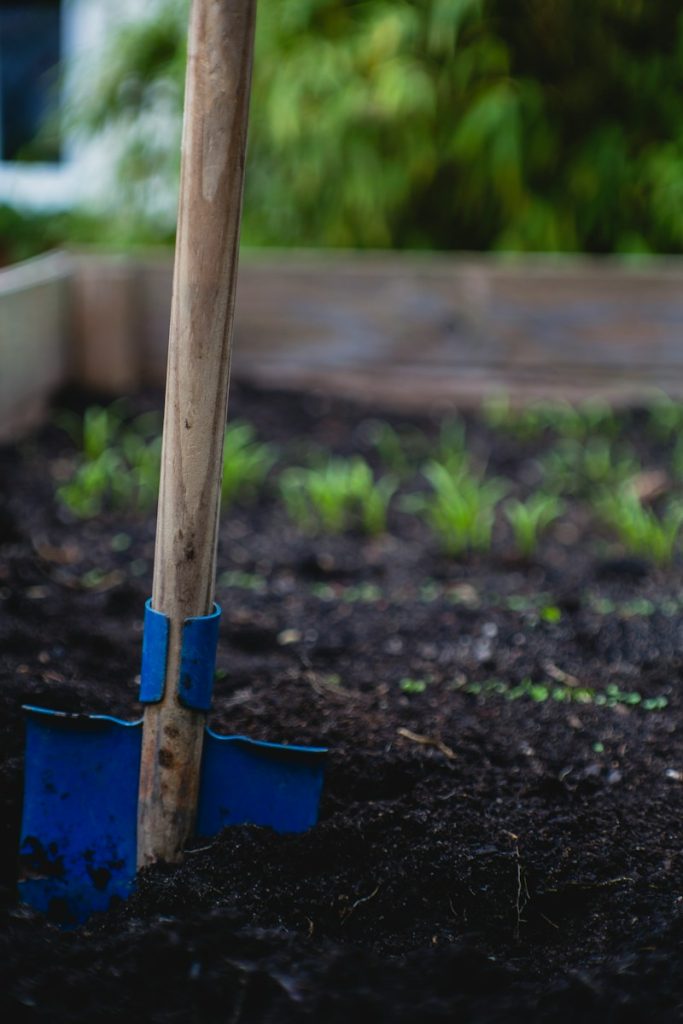
Using Compost Tea as a Soil Drench
One of the most common ways to use compost tea is as a soil drench. This involves applying the tea directly to the soil around the base of plants, allowing it to penetrate into the root zone.
To use compost tea as a soil drench, simply pour the tea onto the soil surface, ensuring that the entire root zone is thoroughly moistened. This method is particularly effective for perennial plants, shrubs, and trees, as it allows the beneficial microorganisms and nutrients in the tea to reach the roots directly.
Foliar Spray Applications
Compost tea can also be used as a foliar spray, which involves misting the tea onto the leaves of plants. This method allows for the direct absorption of nutrients through the foliage, bypassing the root system.
To use compost tea as a foliar spray, transfer the tea into a spray bottle or use a garden sprayer. Spray a fine mist of the tea onto the leaves, making sure to cover both the top and bottom surfaces. This method is particularly beneficial for plants with foliar nutrient deficiencies or for providing a quick boost of nutrients during periods of rapid growth.
Incorporating Compost Tea into Hydroponic Systems
Hydroponic systems can also benefit from the use of compost tea. When used in hydroponics, compost tea provides additional nutrients and beneficial microorganisms that support plant growth in the absence of soil.
To incorporate compost tea into hydroponic systems, dilute the tea with water to the desired strength and use it as part of the regular nutrient solution. This can help to enhance nutrient uptake, promote healthy root growth, and improve overall plant health in hydroponic environments.
Compost Tea as Seed Germination Booster
Compost tea can be used to give seeds a head start by providing them with beneficial microorganisms and nutrients. Before sowing seeds, soak them in diluted compost tea for a period of time to allow the microorganisms to adhere to the seed coat and provide a favorable growing environment.
To use compost tea as a seed germination booster, mix the tea with water in a ratio of about 1:10 and submerge the seeds in the solution for a few minutes to a few hours, depending on the seed type. After soaking, plant the seeds as usual and watch as the beneficial microorganisms in the tea help to support healthy germination and initial growth.
Potential Drawbacks and Considerations
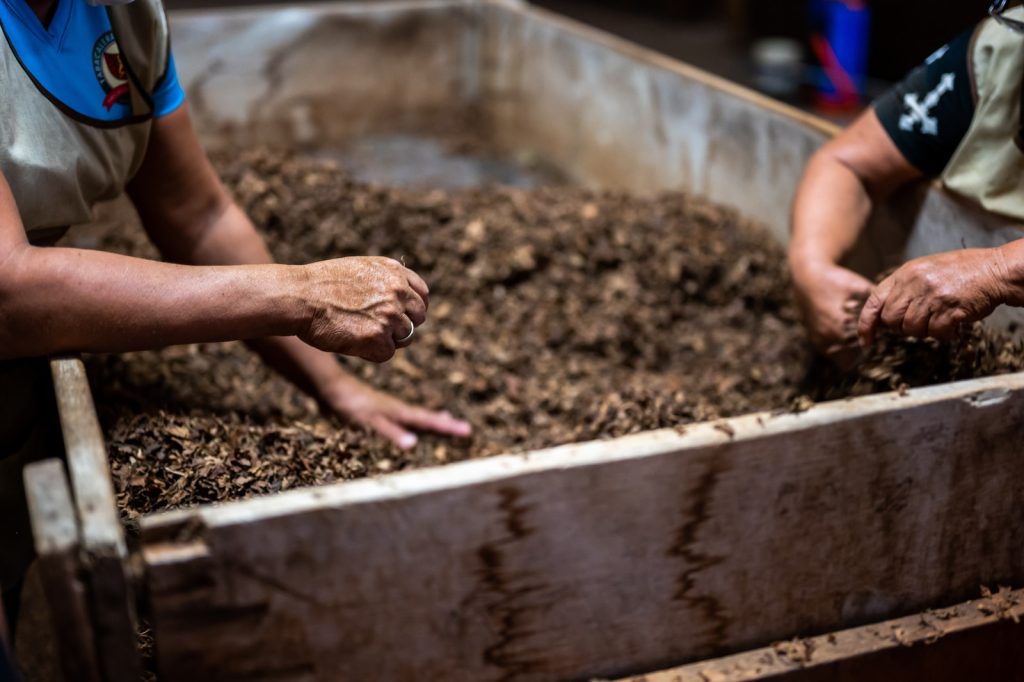
Quality Control and Risk of Contamination
One of the potential drawbacks of using compost tea is the need for quality control. It is important to ensure that the compost used in the tea is of high quality and free from contaminants such as pathogens, heavy metals, or pesticide residues. Contaminated compost can introduce harmful substances into the tea, which could negatively impact plant health and human safety.
To mitigate the risk of contamination, it is recommended to source compost from reputable sources that adhere to strict quality standards. Additionally, conducting regular testing of the compost tea can help to assess its quality and ensure its safety for use in the garden.
Odor and Aesthetics
Anaerobic compost tea, due to its lack of oxygen during the brewing process, can have a strong, unpleasant odor. This can be off-putting to some gardeners, especially when the tea is applied to plants or used in indoor gardening environments.
However, it is important to note that aerobic compost tea, which is brewed with the presence of oxygen, typically has a milder odor or may even have a pleasant earthy scent. By choosing the appropriate brewing method, gardeners can minimize any potential odor issues associated with compost tea.
Limited Scientific Research and Regulation
While there is anecdotal evidence and a growing body of research supporting the benefits of compost tea, it is important to acknowledge that the scientific evidence base is still relatively limited. The effectiveness and specific mechanisms of compost tea’s benefits are still being explored, and there is ongoing research to better understand its potential applications.
In addition, it is important to note that there is currently limited regulation or standardized guidelines for compost tea production and usage. This lack of regulation makes it important for individual gardeners to rely on reputable sources of information and exercise caution when using compost tea in their gardens.
Cost and Time Investment
Creating compost tea can require an initial investment in equipment such as a brewing container, air pump, and aeration system. While these costs may be relatively low compared to other gardening inputs, they should be taken into consideration when deciding whether to incorporate compost tea into a gardening routine.
In addition to the initial investment, brewing compost tea can be time-consuming, especially if aeration methods are used. It is important to plan ahead and schedule brewing times to ensure a consistent supply of compost tea.
Making Your Own Compost Tea
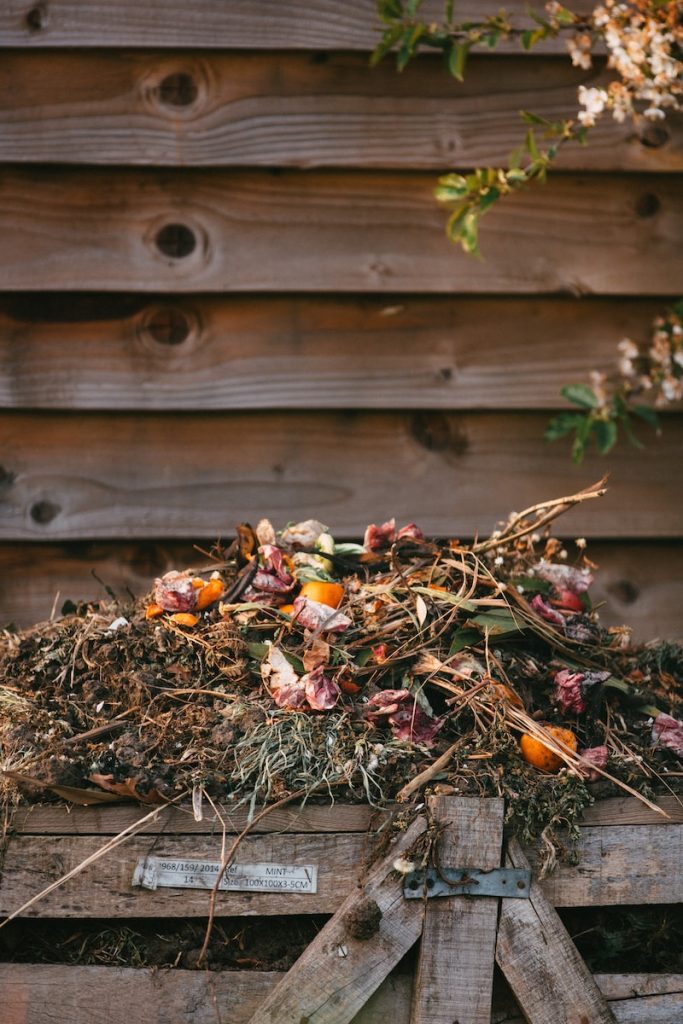
Choosing the Right Compost
The first step in making your own compost tea is to choose the right compost. High-quality compost should be dark, crumbly, and have a pleasant earthy smell. It should be made from a diverse range of organic materials, such as kitchen scraps, garden waste, and animal manure.
It is important to avoid using compost that may be contaminated with harmful pathogens or pesticide residues. Using compost from your own well-managed compost pile or purchasing compost from reputable sources can help ensure the quality and safety of your compost tea.
Equipment and Brewing Methods
To make compost tea, you will need a container, water, and aeration equipment. The container should be large enough to hold the desired amount of water and compost without overflowing. It should also have a lid or covering to prevent contamination and maintain optimal brewing conditions.
Aeration equipment, such as an air pump and air stone, is essential for creating aerobic compost tea. This equipment supplies oxygen to the water, promoting the growth of beneficial aerobic microorganisms.
To brew compost tea, simply fill the container with water, add the compost, and start the aeration system. Allow the tea to brew for the desired period of time, ensuring that oxygen levels are maintained throughout the process.
Aerobic vs. Anaerobic Compost Tea
There are two main types of compost tea: aerobic and anaerobic. Aerobic compost tea is brewed with the presence of oxygen, which encourages the growth of beneficial aerobic microorganisms. This type of tea is commonly used in gardening due to its effectiveness in promoting plant health.
Anaerobic compost tea, on the other hand, is brewed without the presence of oxygen. This can lead to the growth of harmful anaerobic microorganisms and often results in a tea with a strong odor. Anaerobic tea is not recommended for use on edible crops and should be handled with caution.
Optimal Brewing Time and Temperature
The optimal brewing time for compost tea can vary depending on the desired strength and brewing method. In general, brewing times can range from a few hours to several days. Some gardeners prefer shorter brewing times for a mild tea, while others may choose to brew for longer periods to ensure a more concentrated brew.
Temperature also plays a role in the brewing process, as microorganisms have specific temperature ranges at which they thrive. The optimal temperature for brewing compost tea is typically between 60°F (15°C) and 80°F (27°C). It is important to avoid extreme temperatures, as they can negatively impact microbial activity and tea quality.
Compost Tea: Real-Life Experiences and Success Stories

Testimonials from Experienced Gardeners
Many experienced gardeners attribute their success to the use of compost tea. They report healthier plants, increased yields, and improved overall garden productivity. By incorporating compost tea into their gardening routines, these individuals have witnessed firsthand the positive impact it can have on plant health and vitality.
The testimonials from experienced gardeners serve as a testament to the potential benefits of compost tea in a wide range of gardening scenarios. While individual results may vary, these success stories highlight the positive experiences and outcomes that can be achieved with the use of compost tea.
Community Projects and Case Studies
Beyond individual experiences, there are also community projects and case studies that have demonstrated the benefits of compost tea in various gardening settings. These projects often involve larger-scale applications of compost tea, such as in community gardens, urban farming initiatives, or agricultural operations.
These community projects and case studies provide valuable insights into the practical applications of compost tea and the positive outcomes that can be achieved. By examining real-life examples, individuals can gain a better understanding of the potential benefits and limitations of compost tea in different gardening contexts.
Conclusion: Is Compost Tea Worth the Hype?
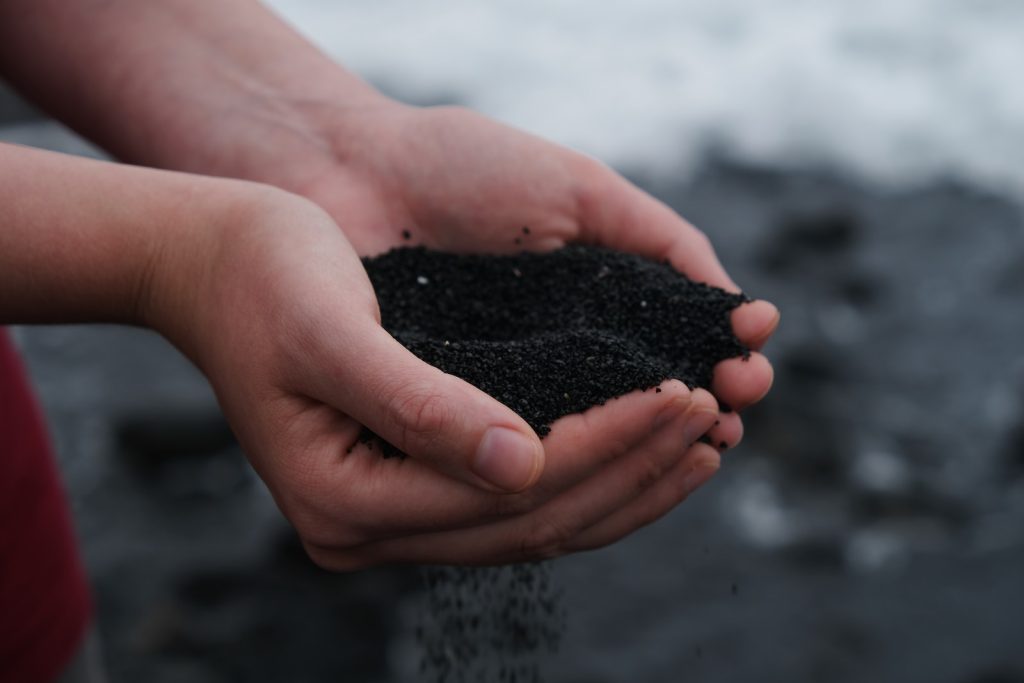
Assessing the Benefits and Drawbacks
Compost tea offers numerous benefits in promoting plant health, enhancing nutrient availability, and supporting sustainable gardening practices. Its ability to provide essential nutrients, boost beneficial microorganisms, and improve soil structure makes it an attractive option for gardeners seeking natural and organic fertilizers and supplements.
However, it is important to consider the potential drawbacks and limitations of compost tea. Quality control, odor issues, limited scientific research, and the time and cost investment required are factors that need to be taken into account when deciding whether to use compost tea in your garden.
Considering Personal Gardening Goals
When determining whether compost tea is worth the hype, it is essential to consider your own gardening goals and priorities. If you value organic and sustainable gardening practices and are willing to invest the time and effort in brewing compost tea, it can be a valuable addition to your gardening routine.
Experimentation and Observation
Every garden is unique, and the effectiveness of compost tea can vary depending on soil conditions, plant types, and other factors. Experimentation and observation are key in assessing the impact of compost tea in your garden. By monitoring plant health, growth, and overall garden productivity, you can gain a better understanding of how compost tea specifically benefits your plants and soil.
Making an Informed Decision
In conclusion, compost tea offers potential benefits in promoting plant health, increasing nutrient availability, and supporting sustainable gardening practices. By understanding the nutritional advantages, plant health benefits, environmental impacts, and practical applications of compost tea, you can make an informed decision about whether it is worth incorporating into your own gardening routine.
Whether it’s for enriching the soil, enhancing plant growth, or reducing the reliance on chemical inputs, compost tea can be a valuable tool in the gardener’s arsenal. With careful consideration of its benefits, drawbacks, and your own unique gardening needs, compost tea may just be the missing piece to help you cultivate a thriving and sustainable garden.
© 2023 by gardener.wiki. All rights reserved. No part of this document may be reproduced or transmitted in any form or by any means, electronic, mechanical, photocopying, recording, or otherwise, without prior written permission of gardener.wiki.

